(VoA): U.S. President Donald Trump said he had a "lengthy and highly productive" phone conversation with Russian President Vladimir Putin. In order to settle the crisis in Ukraine, the two leaders agreed to begin negotiations.
On his Truth Social platform, Trump announced that both parties had decided to have their teams start talks right away. Additionally, he stated that they had invited one another to visit their respective capitals.
Volodymyr Zelensky, the president of Ukraine, later acknowledged that he had also had a conversation with Trump. He said that reaching a "lasting and reliable peace" for Ukraine was the main goal of their conversation.
The conversations with both leaders occurred as Trump and his defense secretary indicated that Ukraine’s NATO membership was unlikely. This statement was a disappointment for Kyiv, who had long sought to join the military alliance.
At a defense forum on Ukraine in Munich, Zelensky said he would meet with Secretary of State Marco Rubio and U.S. Vice President JD Vance. The security of Ukraine and the continuing war with Russia were anticipated to be the main topics of discussion.
Trump restated on social media that the war had resulted in massive, needless "death and destruction" and that it was time to cease. He expressed sympathy for the pain brought on by the war in both Russia and Ukraine.
Trump did not specify a date when he subsequently told reporters at the White House that he will meet with Putin in Saudi Arabia. This implied a middle ground for future peace talks.
Dmitry Peskov, a spokesman for the Kremlin, stated that Putin approved of Trump's initiative and emphasized that Moscow was willing to cooperate on a conflict resolution.
During their nearly 90-minute phone conversation, the Russian president extended an invitation to Trump to travel to Moscow. Putin saw the discussion as a positive step forward, Peskov said.
While discussing Ukraine's territorial limits, Trump also stated that it was unlikely that the country would return to its pre-2014 borders. But when he added that "some of that land will come back," he was hinting that a compromise is possible.
He took the same position as U.S. Defense Secretary Pete Hegseth, who had previously stated during a meeting that Ukraine was unlikely to join NATO. Trump expressed his support for this stance, saying he believed it to be accurate.
In response, the British government reiterated that it will continue to provide Ukraine with military support. Despite changing U.S. stances, Deputy Prime Minister Angela Rayner stressed that the UK's commitment to Kyiv remained unwavering.
According to BBC writer James Waterhouse, Hegseth's remarks seriously undermined Kyiv's aspirations. It validated concerns that the new U.S. government was less pro-Ukraine than the previous administration.
Waterhouse said that these changes would probably be welcomed in Moscow. The address emphasized concerns about Kyiv's military performance, the lack of U.S. commitment to Ukraine joining NATO, and the ambiguity surrounding the management of the conflict's front lines.
Zelensky has emphasized time and time again that Ukraine must be involved in any future negotiations. However, he was not involved in the phone conversation between Trump and Putin.
The Ukrainian president called his discussion with Trump "good and detailed," mentioning a variety of subjects. Additionally, he met with Scott Bessent, the U.S. Treasury Secretary, who was in Kyiv.
Zelensky emphasized that Ukraine wants peace more than anyone else and is collaborating with the US to end Russian aggression and establish long-term stability. He also confirmed that future meetings and discussions were in the works.
The AFP news agency said that Zelensky and Trump had a one-hour conversation. It came after a string of diplomatic meetings between Ukraine and its friends in the West.
Zelensky proposed that Russian-occupied areas in Ukraine be swapped for Ukrainian-held territory in Russia's Kursk region as part of a possible land swap as part of a peace agreement in an interview with The Guardian.
But Peskov firmly rejected this idea by announcing that Russia would not negotiate any territorial exchanges. He promised to defeat or expel Ukrainian forces in Russian-occupied territories.
Zelensky also underlined the importance of U.S. involvement in any security agreements related to Ukraine. He insisted that European guarantees alone could not ensure the nation's protection.
In contrast, Trump hinted that Ukraine would eventually have elections, citing Zelensky's May 2024 term as president. This comment raised questions about the political future of Ukraine.
Zelensky has countered that elections are currently unfeasible due to Russia’s ongoing invasion and the imposition of martial law. The war has disrupted Ukraine’s political landscape, making a vote nearly impossible.
Russian officials, including Putin, have questioned Zelensky’s legitimacy in negotiating with Moscow. They argue that his authority is undermined by the expiration of his term and the lack of an electoral process.
The war, which escalated in 2022, began with Russia’s annexation of Crimea in 2014 and its support for separatist movements in eastern Ukraine. Moscow’s full-scale invasion aimed to take Kyiv but was met with strong Ukrainian resistance.
Despite setbacks, Russian forces have captured significant territory in eastern and southern Ukraine. The conflict has resulted in thousands of deaths, millions of displaced civilians, and continued military clashes, with both sides sustaining heavy losses.

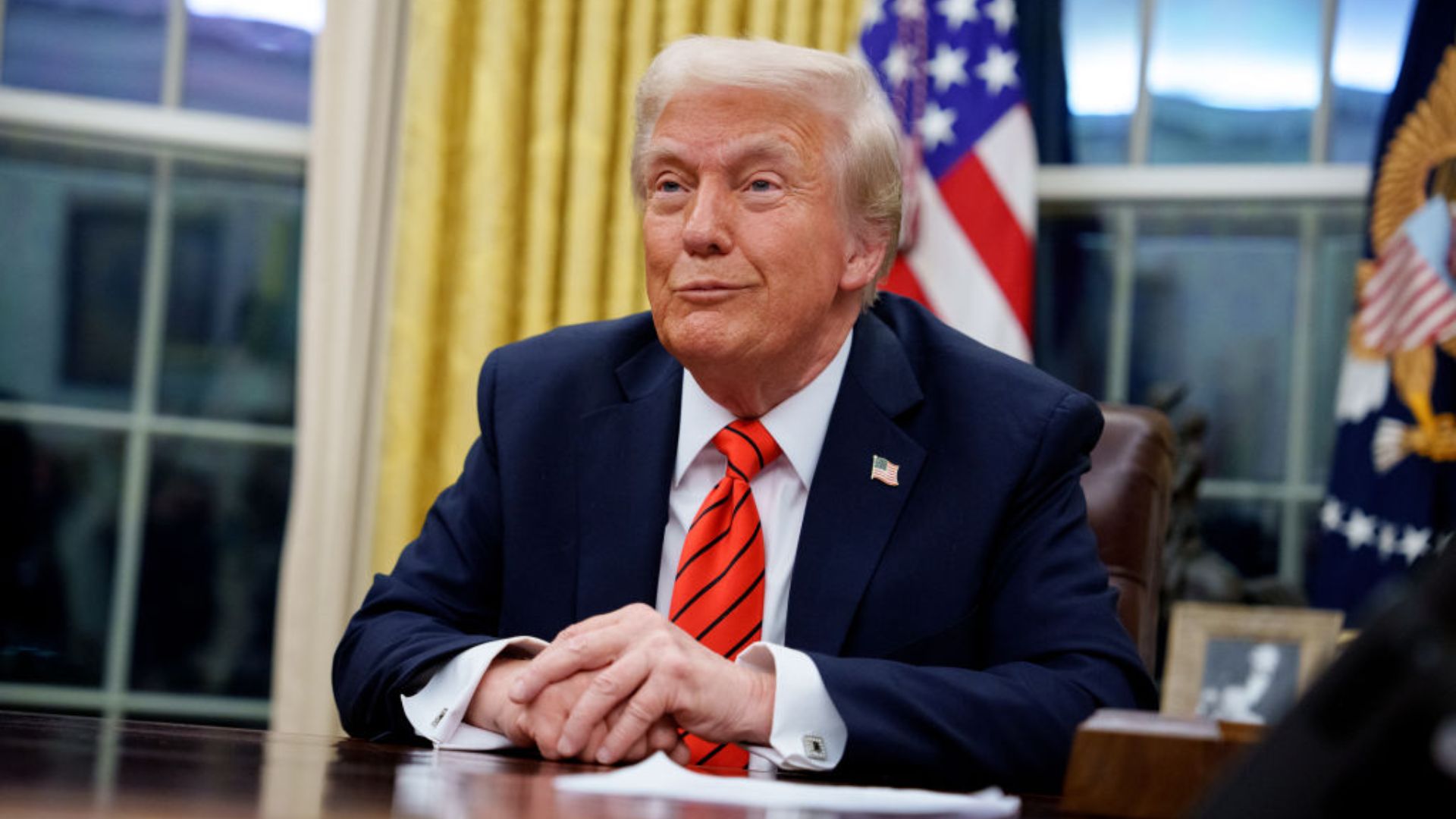




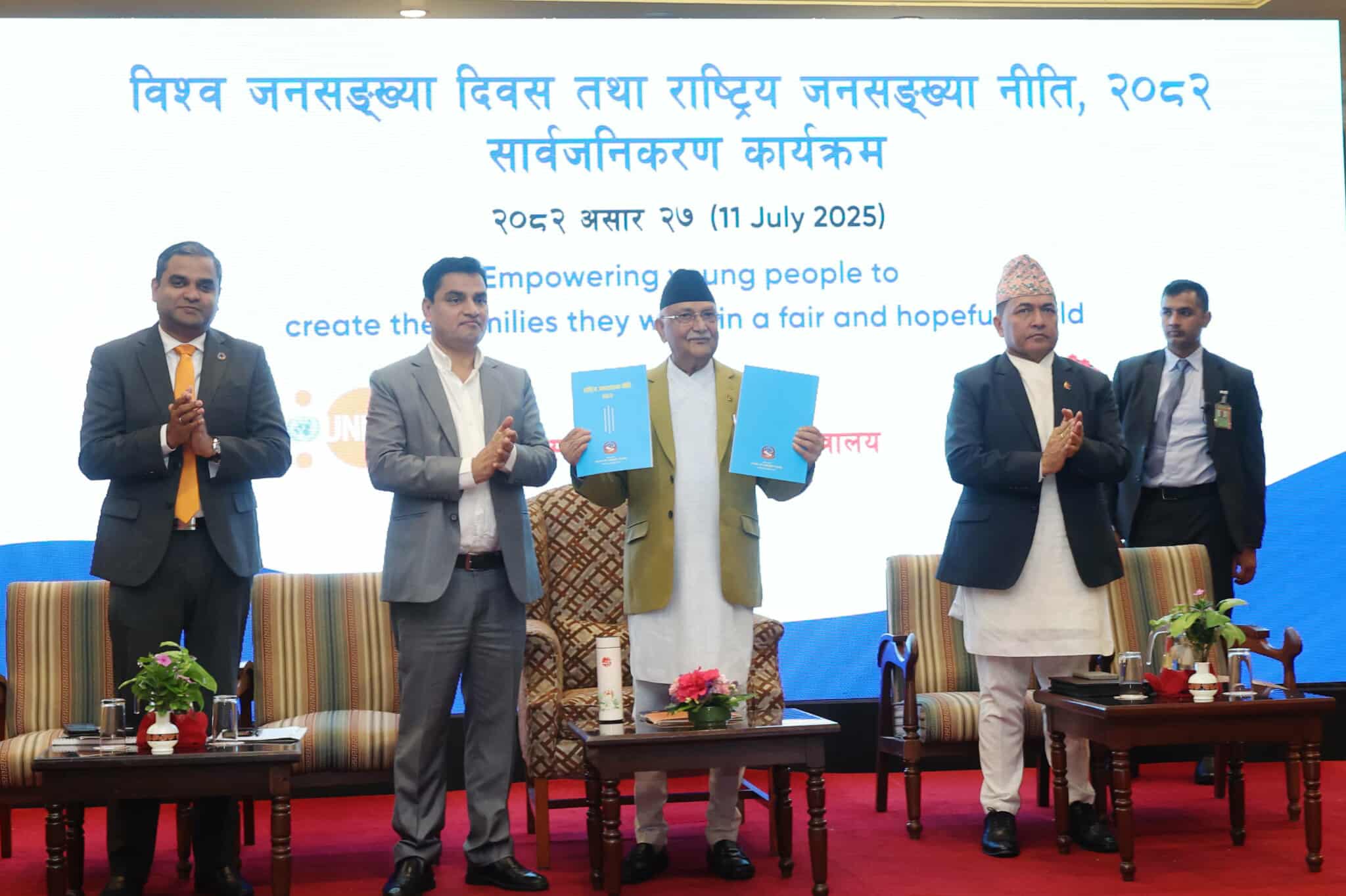
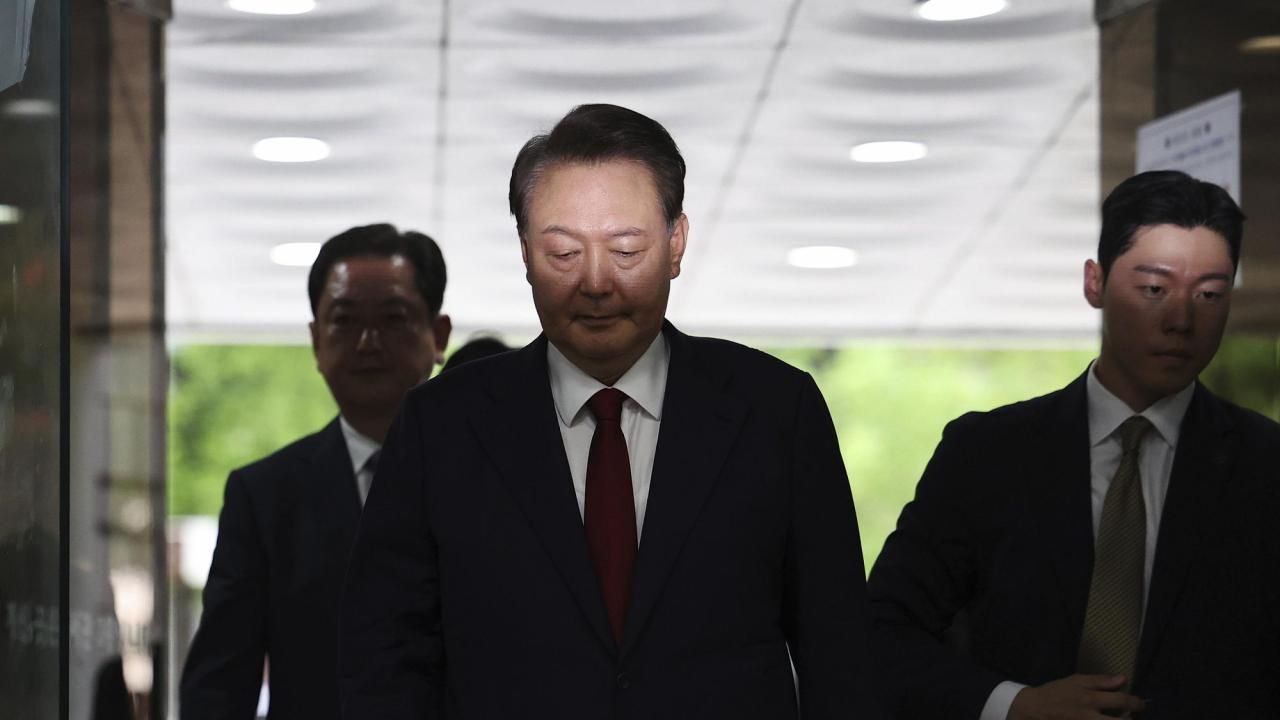



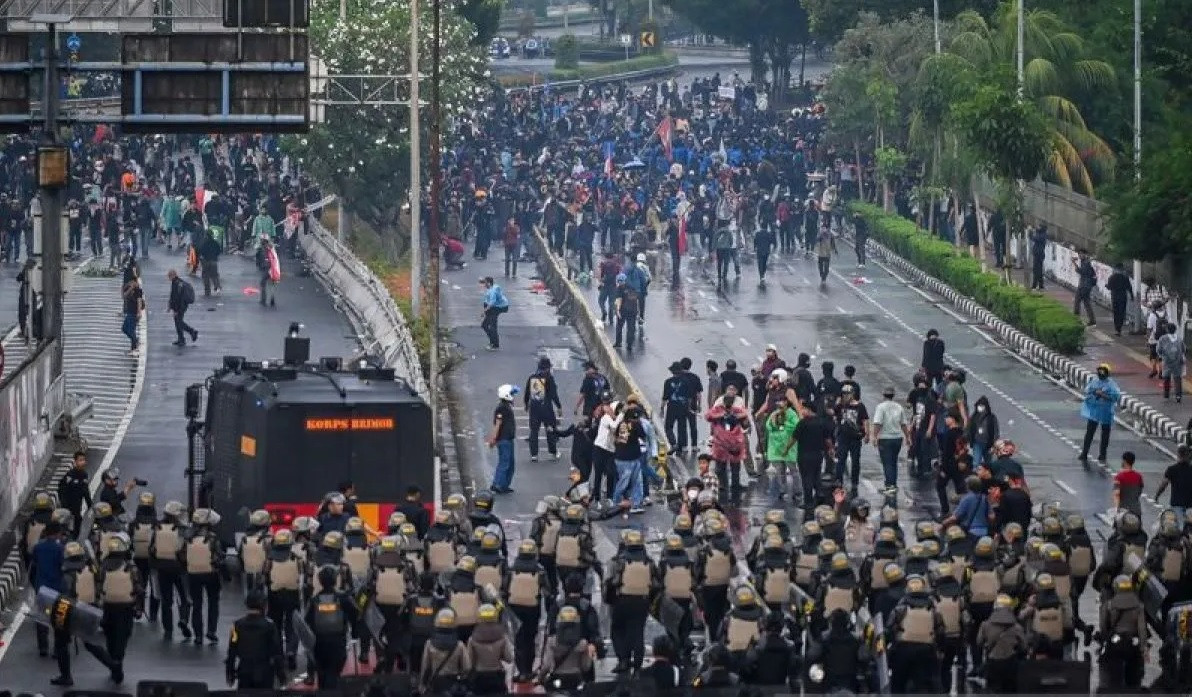
.jpg)
.jpeg)
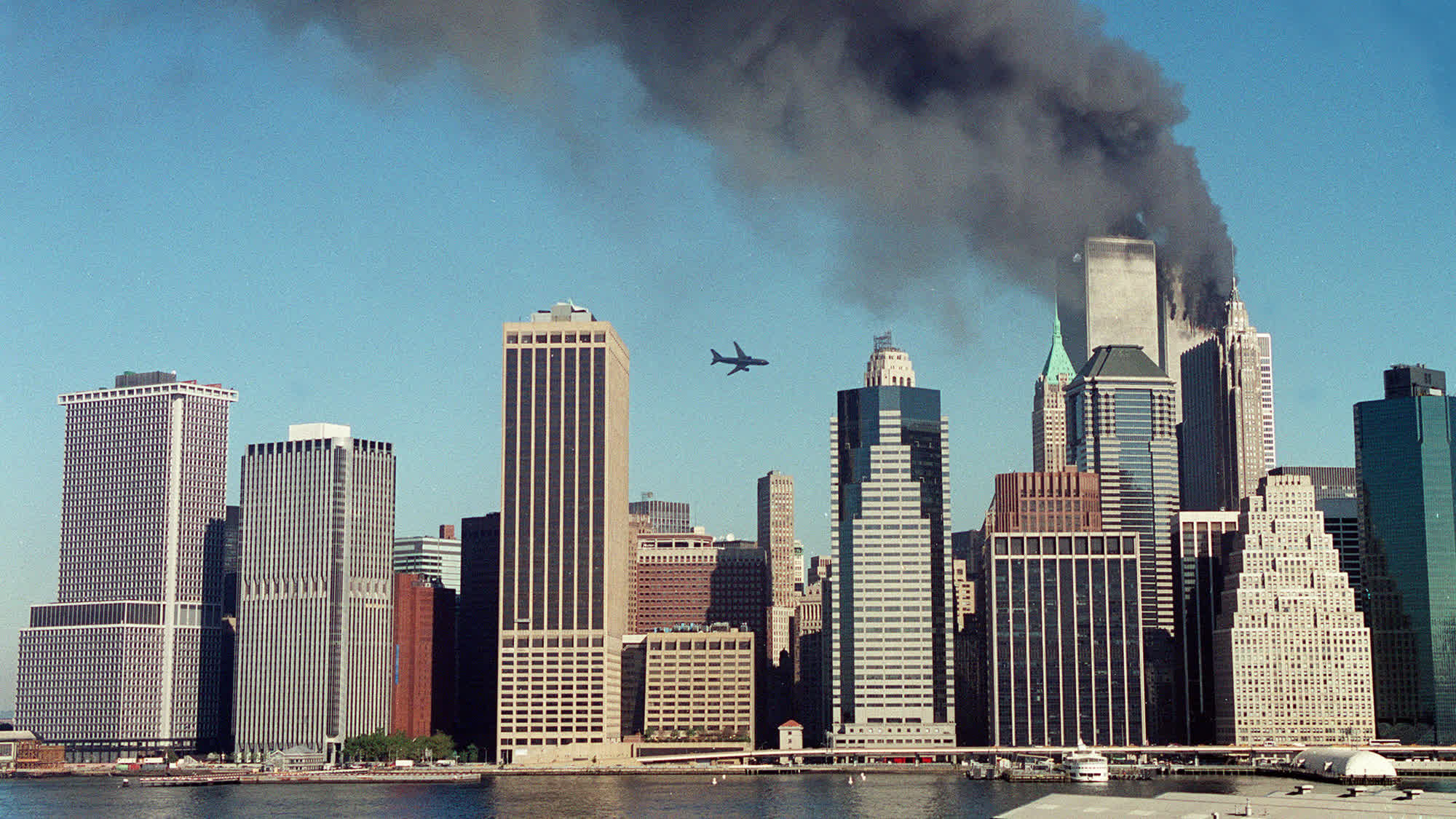
.jpg)
-(1).jpg)
.jpg)
.jpg)
.jpg)
.jpeg)
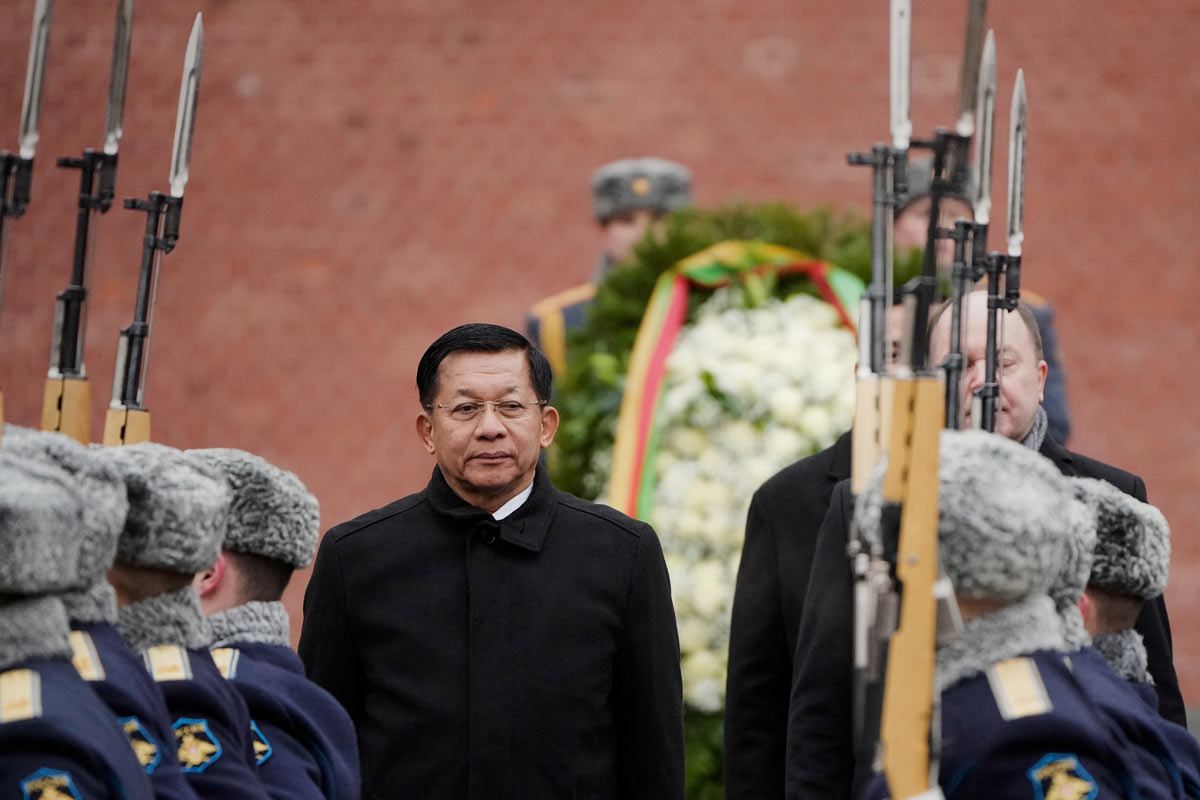
.jpg)
.jpg)

.jpg)
.jpg)
.jpg)
.jpg)

